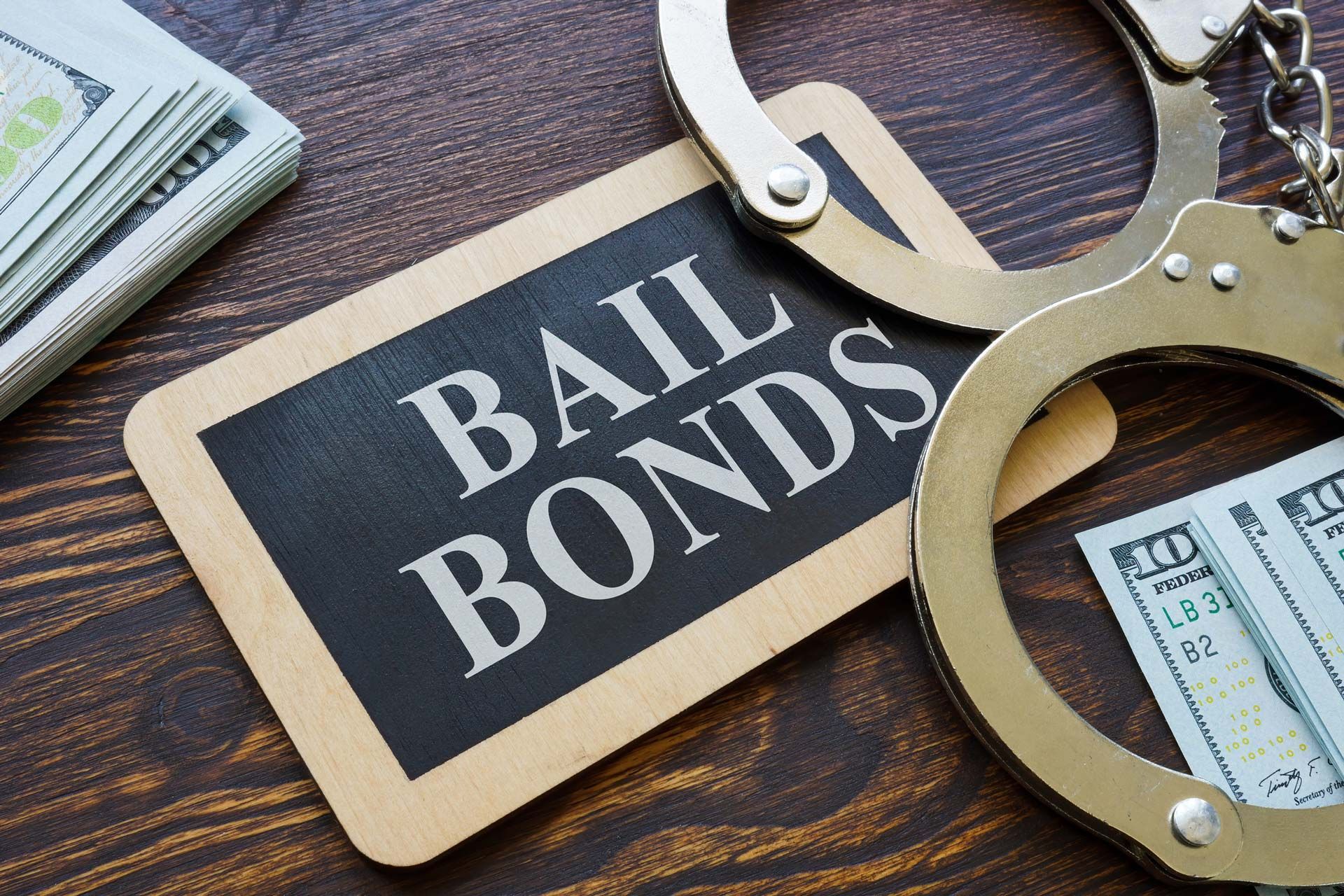Understanding Criminal Sentencing
A criminal sentence is a punishment that the government, through a judge, orders an individual accused of a crime to undergo after a conviction. Or they may accept a sentence through negotiations or as part of a plea deal. Below is an in-depth look at criminal sentencing.
Forms of Sentencing
Sentencing takes many forms. The common ones include:
- Incarceration—a predetermined time spent in jail or prison.
- House arrest—time spent confined in their home.
- Formal or Informal Probation—released but the court requires their commitment to specific conditions either with our without a probation officer.
- Monetary fine—pays some money to the court as punishment for their crime.
- Courses—assigned educational classes such as DUI School or Victim Impact Panel
- Community service—ordered to provide unpaid service, such as cleaning public places.
- Capital punishment—ordered to death row to await execution.
Some of these sentencing forms go by different names depending on the jurisdiction.
Types of Sentences
The government uses different types of sentences depending on applicable laws and crime. Below are the common ones.
Concurrent
Concurrent sentences apply to defendants guilty of multiple charges. If such a defendant receives concurrent sentences, it means the sentences commence and run simultaneously.
Consecutive
Consecutive sentences are the opposite of concurrent sentences. In this case, a defendant has multiple sentences but has to serve them one after the other.
Suspended
In this case, the court issues a sentence but then suspends it completely or partially for some time. For example, if a court sentences a defendant to five years behind bars, the judge might suspend the some or the whole five years as long as the defendant observes the applicable conditions.
Determinate
A determinate sentence means a specific period that a convict must serve incarcerated. For example, if a court gives someone a determinate sentence of five years, the convict must serve all those years.
Indeterminate
An indeterminate sentence is a range, which means the convict doesn't know how long they will serve at the start of the sentence. For example, if someone receives an indeterminate sentence of one to four years, the parole board will later decide how long the convict must serve (with the minimum being one year).
Factors Affecting Sentencing
Two people can receive vastly different sentences even after the court convicts them of the same crime. Below are factors that determine sentencing.
Criminal History
Criminal history matters for several reasons. One reason for considering criminal history is that the government uses different sentences to deter future crimes. Repeat offenders might need more punishment since the past ones have failed. Thus, someone with a criminal history might receive a harsher sentence than someone with a clean criminal history.
Age
Courts are more likely to show fewer leniencies to young defendants, especially juvenile ones, than to adults. The rationale is that minor children will learn from their mistakes and not continue a life of crime.
Crime Classification
The judicial system classifies crime into different categories depending on its effect on society, victims, and monetary losses. The categories include infractions, misdemeanors, and felonies. The more serious a crime is, the harsher its sentence is. For example, grand theft auto (typically a felony) attracts harsher sentencing than speeding (usually an infraction).
The Defendant's Role
You might think that in a crime involving several people, each person's role determines their fate during sentencing but that is not necessarily always true. In some cases, the “get-away driver” may often get the same sentence as the person who pulled the trigger on a gun to commit a crime. The rationale is to make a person think twice before getting involved in criminal activity.
Sentencing Guidelines
Both federal and state governments have laws that guide courts on sentencing. For example, some laws determine minimum sentencing for certain crimes. The courts usually have some wiggle room within the guidelines, but they cannot ignore them.
The best way to avoid criminal sentencing is to mount a strong defense and avoid a conviction. Contact Craig P. Kenny & Associates if you are facing criminal charges. Let us use our legal experience to give you the aggressive representation you deserve.






















